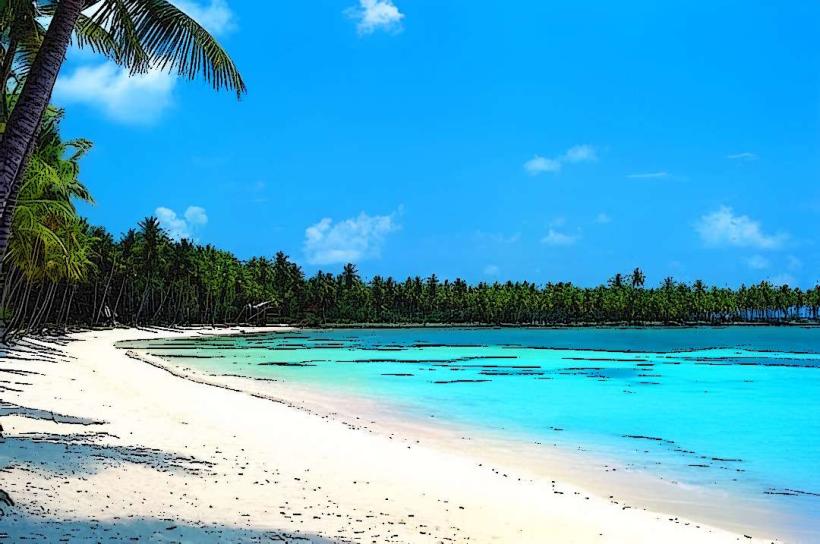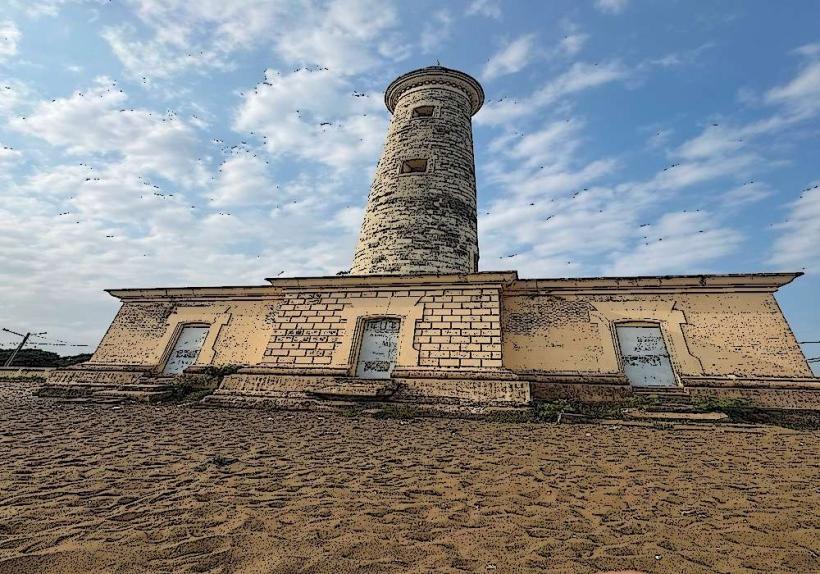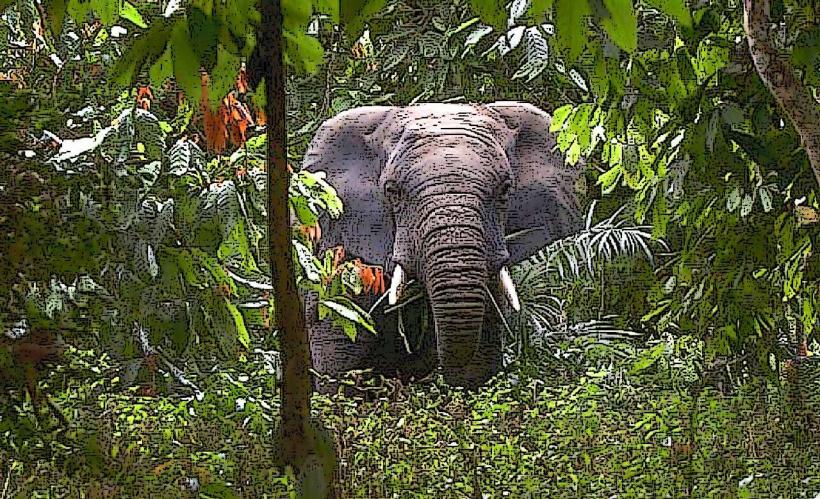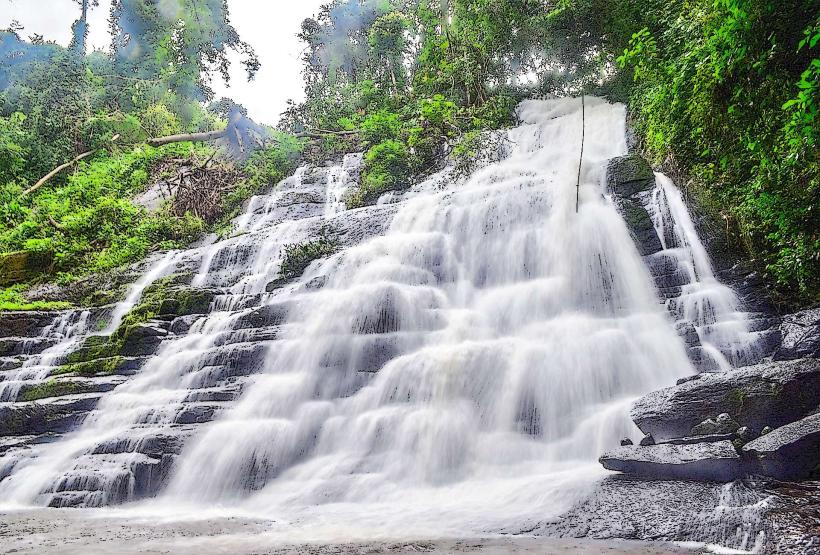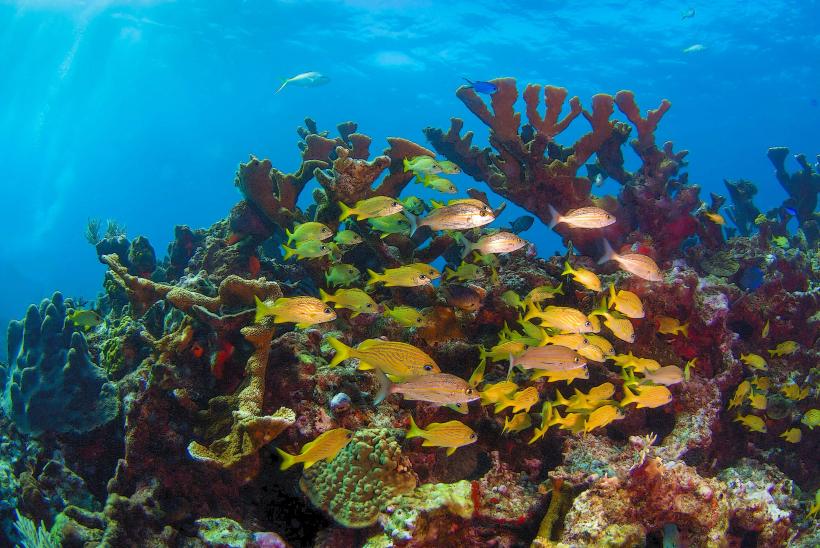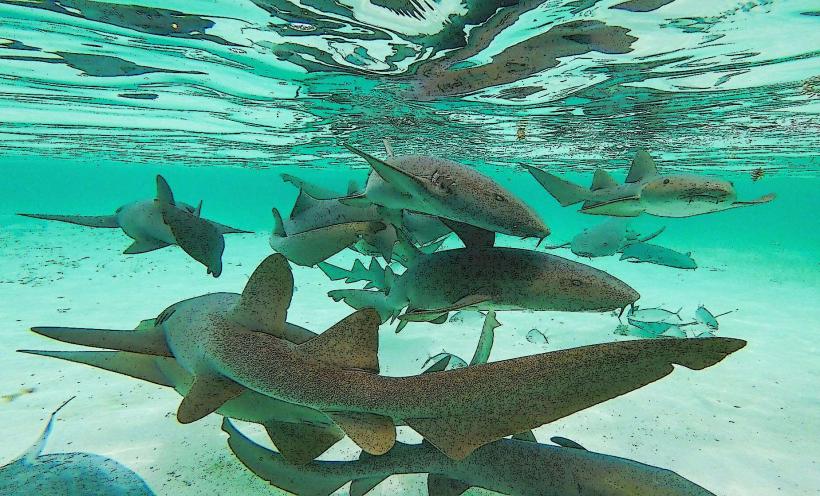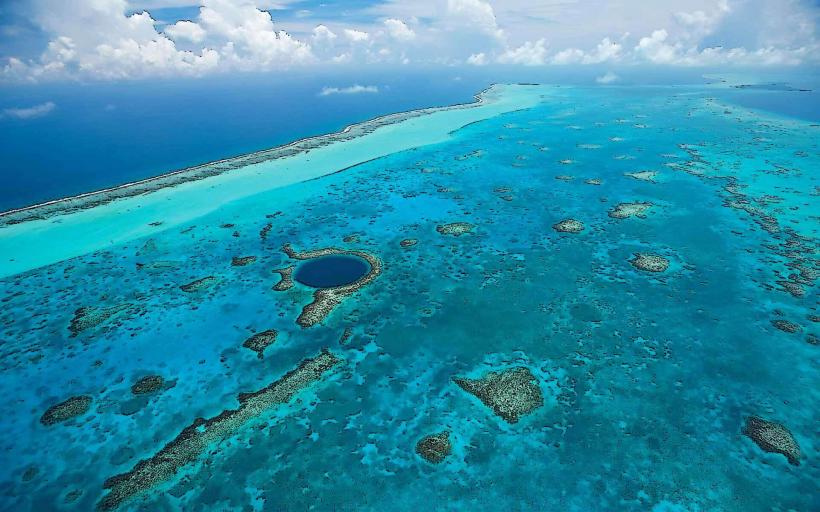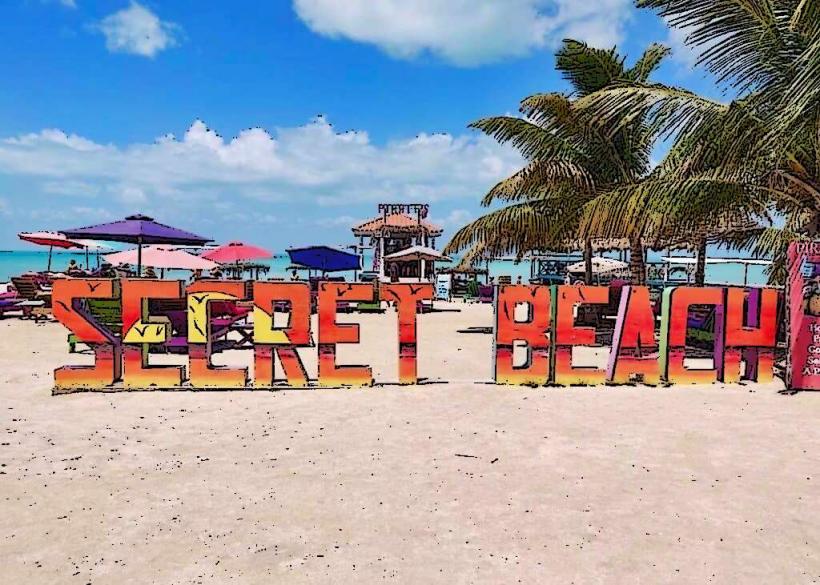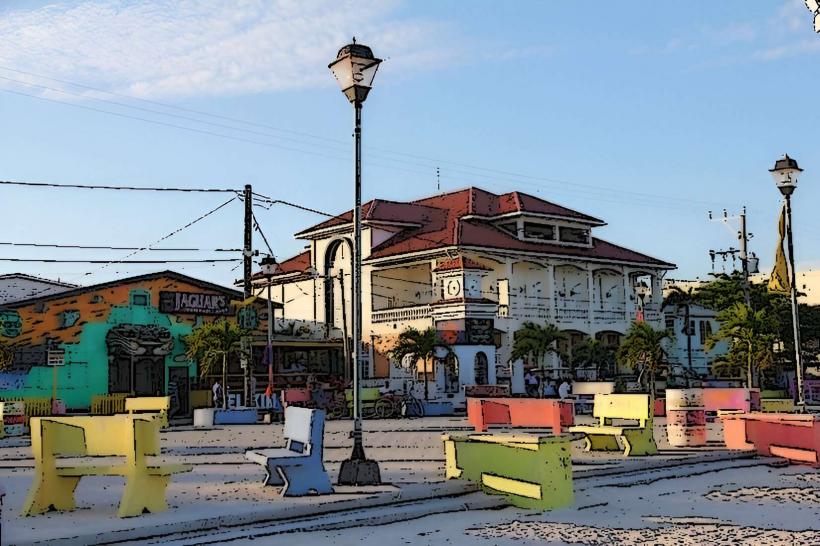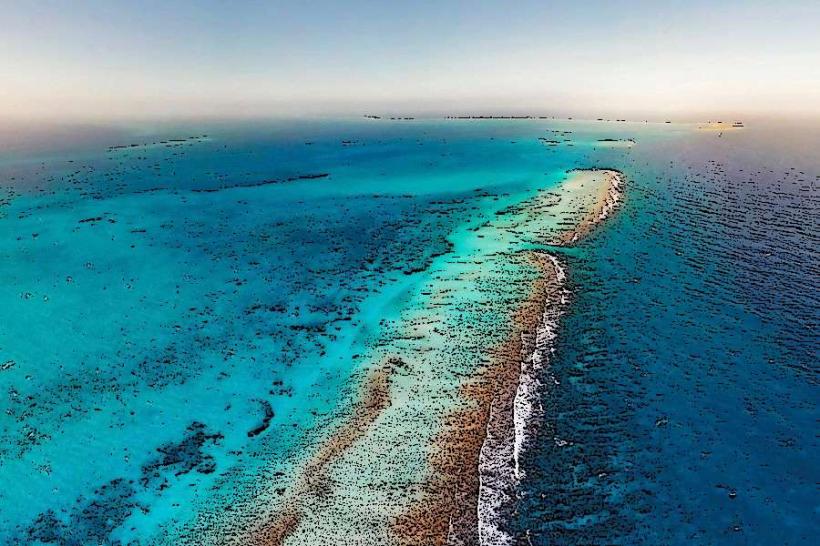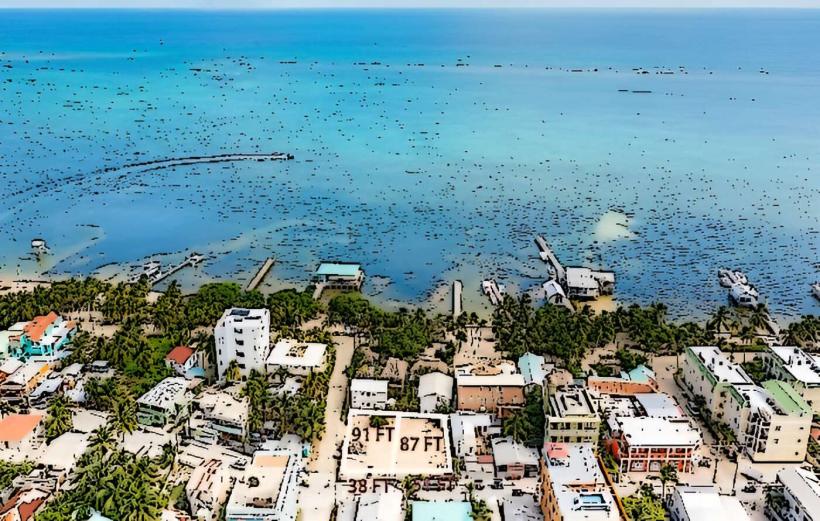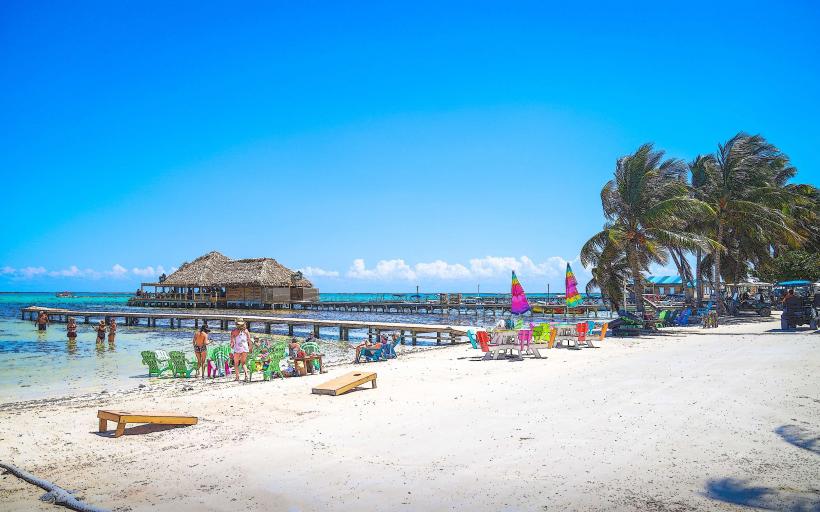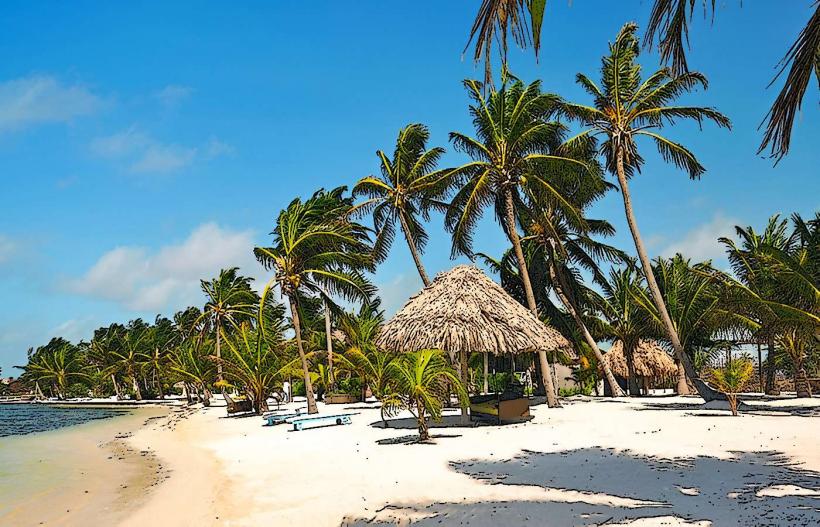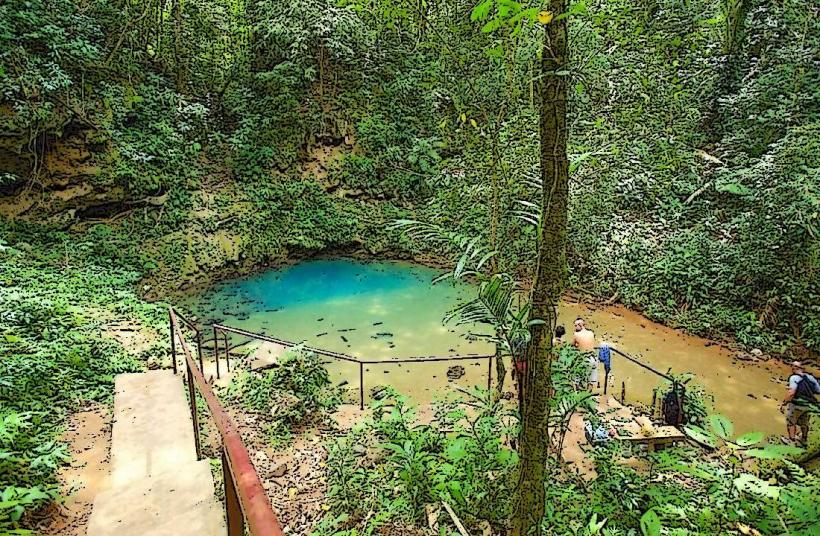Information
Landmark: Grand-Béréby BeachCity: San Pedro
Country: Cote d-Ivoire
Continent: Africa
Grand-Béréby Beach, San Pedro, Cote d-Ivoire, Africa
Grand-Béréby Beach is a coastal area located in San Pedro, Côte d'Ivoire.
It is characterized by its sandy shoreline and proximity to the Atlantic Ocean.
Visual Characteristics
The beach features a wide expanse of light brown sand. The water is typically a deep blue, transitioning to lighter shades closer to the shore. Palm trees line the edge of the beach, providing natural shade. The coastline is generally flat with a gentle slope towards the sea.
Location & Access Logistics
Grand-Béréby Beach is situated approximately 15 kilometers west of the San Pedro city center. Access is via the N1 national road, turning onto local unpaved roads leading directly to the beach. Parking is available on-site, often informal. Public transport options are limited; shared taxis (gbaka) from San Pedro to Béréby village may be available, requiring a subsequent local transfer.
Historical & Ecological Origin
The beach is a natural formation along the Atlantic coastline of West Africa. Its sandy composition is a result of coastal erosion and sediment deposition over geological time. The area is part of the tropical savanna biome, supporting coastal vegetation.
Key Highlights & Activities
Swimming is possible in designated areas. Sunbathing on the sand is a primary activity. Walking along the shoreline is recommended. Local fishermen may be observed during their activities.
Infrastructure & Amenities
Basic amenities are scarce. Some informal food stalls may operate seasonally. Restrooms are not consistently available. Shade is primarily provided by natural vegetation. Cell phone signal (2G/3G) is generally present but can be intermittent.
Best Time to Visit
The best time for clear skies and comfortable temperatures is during the dry season, from December to March. Mid-morning offers good lighting for photography before the sun reaches its zenith. High tide can reduce the available sandy area.
Facts & Legends
Local folklore suggests that certain rock formations offshore are petrified spirits of ancient mariners. A specific point on the beach is locally known as "La Pointe des Sirènes" (Mermaid's Point).
Nearby Landmarks
- Parc National de Taï (45km Northwest)
- San Pedro Port (16km East)
- Béréby Village (3km East)
- Cascades de Béréby (5km Northeast)


